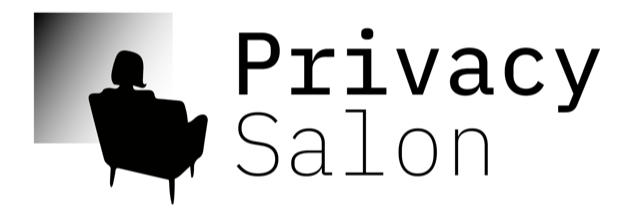Collaborating with the talented people at SixNFive, we set out to create a procedural interactive installation for the exhibition “Digital Impact”, on show from 28th of April to 27th of August in Disseny Hub, Barcelona.
The installation is capable of generating architectural spaces on the fly and letting the audience interactively explore the environments by changing the direction of the sunlight shining through the concrete structures.
This project aims to explore the in-between of different disciplines, looking to highlight the common factor “Beauty” present in all of them, and asking a fundamental question of our time: Can we automate the creation of what we as humans deem beautiful?
From automating creative processes to challenging them as the protagonists themselves, the project aims to instil creativity into the machine. Therefore, it closely ties in with our previous explorations of systematising complex design systems and automating creative decision making.
Disciplines such as architecture, photography, generative design, art and programming converge in a single software capable of creating unique and unrepeatable results. Resulting in an infinite world of artificially generated architectural spaces, created within our rules giving them a bit of our humanity, and questioning what beauty really means to us.
By automating the rules of architecture and combining them with intelligent functions that assess the created environment, we were able to create a procedural solution that can generate an infinite number of architectural environments that feel realistic and livable. The algorithmic creation of these spaces is specifically tailored to generate results that convey a sense of visual beauty, a notion of imaginative spaces that go beyond mere architectural visualisation.
Created in Unreal Engine 5, the software driving the installation is a procedural system capable of generating architectural spaces procedurally and rendering them in real-time.
As part of the installation, the audience is able to manually generate new spaces by clicking the smaller circular button and control the direction of the sun by rotating the larger disc - a minimalistic inverted sundial that controls the time of day rather than informing about it.
The two devices were created specifically for this installation. They are build using a custom 3D printed interior that houses the technology and a shell of heavy xyrarock that conveys a sense of tactility referencing architectural materials.

